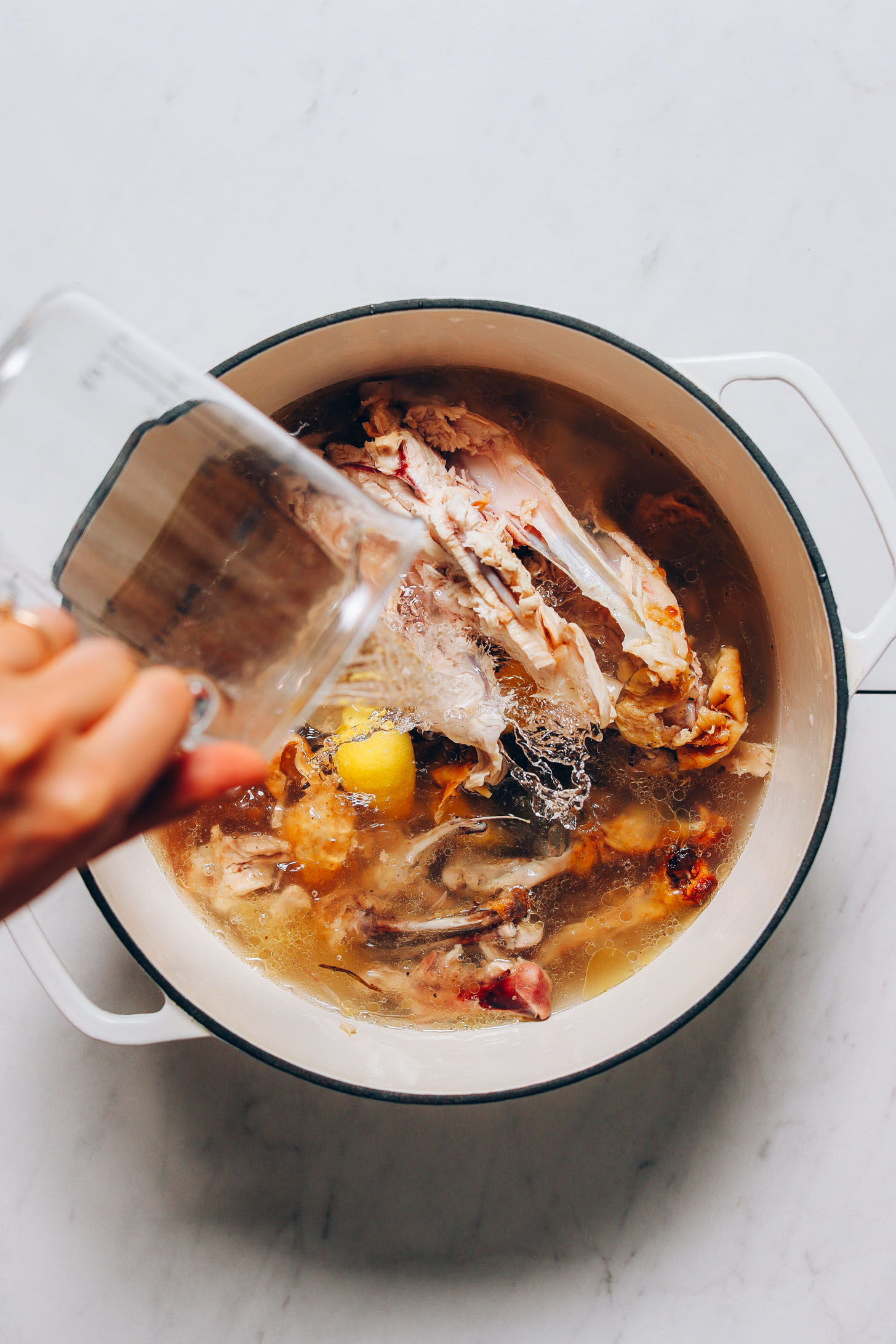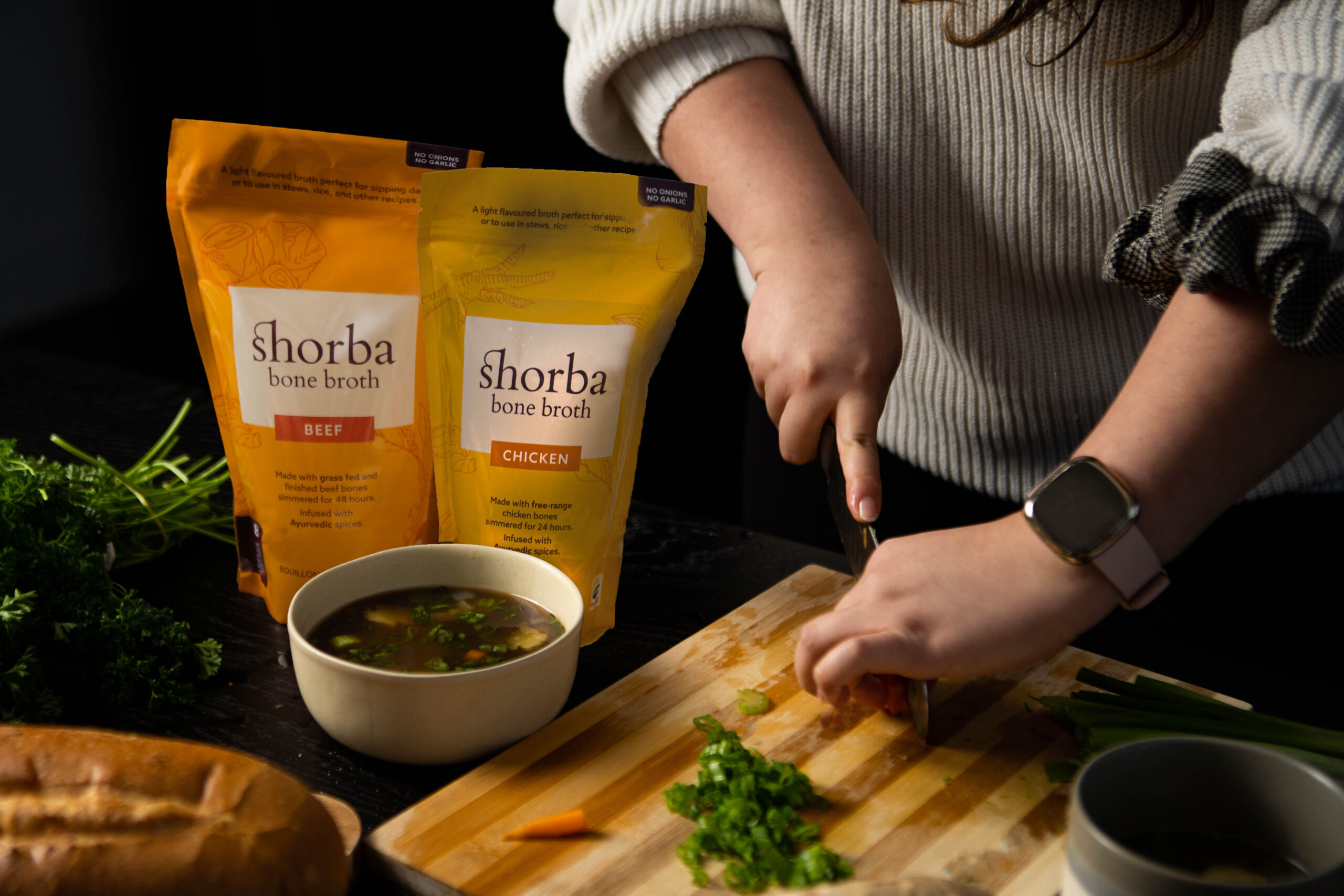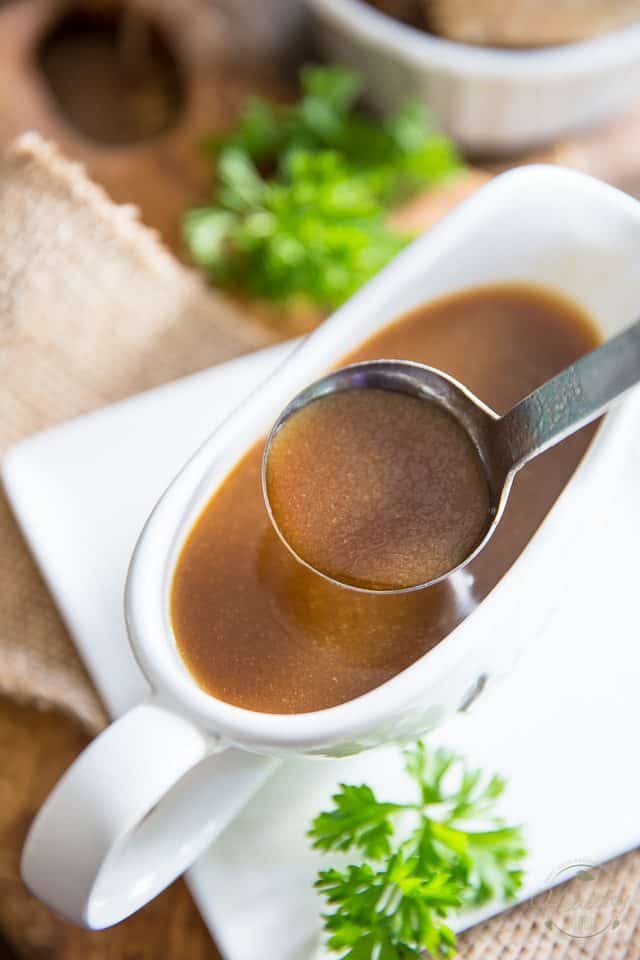Best Storage Tips for Chicken Bone Broth Meant for Babies
Best Storage Tips for Chicken Bone Broth Meant for Babies
Blog Article
The aRelevance of Healthy Food: Why Bone Broth Is a Terrific Option for Babies
Bone broth stands out as a nutrient-dense choice, providing important vitamins and minerals that support development and development. What are the ideal means to present bone broth to your little one?
Nutritional Benefits of Bone Broth for Infants
When you present bone broth to your infant's diet, you're giving a nutrient-dense food that offers various health and wellness advantages. Loaded with necessary nutrients, bone broth consists of calcium, magnesium, and phosphorus, which support your child's expanding bones. It's likewise abundant in collagen, helping in the development of healthy and balanced skin, joints, and connective cells.
Additionally, bone broth is a superb source of amino acids like glycine and proline, which play a substantial duty in overall growth and muscular tissue advancement. These nutrients help advertise a solid immune system, setting a solid structure for your child's wellness.
Additionally, bone broth is simple to absorb, making it a gentle option for your child. By integrating this wholesome food right into their dishes, you're ensuring they get important nutrients required for their general well-being. Go in advance and make bone broth a staple in your infant's diet regimen!
Just How Bone Broth Supports Food Digestion
Bone broth is loaded with essential nutrients that can actually benefit your child's digestion. It advertises gut health and wellness and aids with nutrient absorption, making it a great addition to their diet plan. By integrating bone broth, you're establishing the stage for a healthier digestive system.
Nutrient-Rich Composition
One of one of the most nutrient-rich foods you can introduce to your baby's diet is bone broth, which is packed with vital minerals and amino acids that sustain healthy and balanced food digestion. Rich in collagen, bone broth aids enhance your infant's digestive tract cellular lining, making it simpler for their body to take in nutrients. It supplies gelatin, which helps in breaking down healthy proteins, promoting smoother digestion. Additionally, the broth contains crucial electrolytes like potassium and magnesium, guaranteeing your baby stays hydrated and stabilized. The amino acids, such as glycine and proline, play an important duty in fixing tissues and sustaining total wellness (chicken bone broth). By incorporating bone broth into your baby's dishes, you're offering them a wholesome food that nurtures their digestive system successfully.
Promotes Digestive Tract Health
As you introduce bone broth right into your baby's diet, you'll discover it not only nurtures yet also promotes digestive tract health successfully. Rich in jelly, bone broth aids calm the digestive system, lowering inflammation and supporting a healthy intestine lining. Furthermore, the amino acids discovered in bone broth, such as glycine, help in food digestion and can aid avoid typical tummy problems.
Aids Nutrient Absorption
Introducing bone broth not just supports intestine health and wellness but also plays a substantial role in helping nutrient absorption. When you provide your infant bone broth, you're supplying a rich source of minerals and amino acids that boost their gastrointestinal processes. The jelly in bone broth helps to relieve the intestine cellular lining, improving its capacity to take in important nutrients.
Strengthening the Immune System With Bone Broth

By including bone broth right into your child's diet plan, you're giving a natural resource of nutrients that promotes health. Think about making bone broth a staple in your baby's dishes, as it can play an essential role in their immune wellness and growth.
Easy Ways to Integrate Bone Broth Into Baby's Diet
Including bone broth into your infant's diet plan can be easy and fulfilling. You can additionally use bone broth as a base for soups or stews that you prepare for the family members, guaranteeing your infant gets a taste of scrumptious, healthy and balanced meals.
If your infant enjoys grains, consider cooking rice or quinoa in bone broth rather of water for extra nutrition. These techniques will aid your child reap the advantages of bone broth effortlessly!
Homemade vs. Store-Bought Bone Broth: What to Select
Which is much better for your child: homemade or store-bought bone broth? Home made bone broth supplies you total control over the why not try these out active ingredients. You can pick high-grade bones, organic veggies, and natural herbs, guaranteeing your child obtains one of the most nutrients without ingredients or preservatives. Plus, making it in your home can be a satisfying experience, allowing you to bond with your baby while preparing wholesome food.
On the various other hand, store-bought choices are convenient and conserve you time. They often consist of preservatives and may not match the deepness of flavor and nourishment you obtain from homemade broth. If you opt for store-bought, seek brands that are organic and without additives.
Eventually, if you have the moment and sources, homemade bone broth is the remarkable choice for your child's health and wellness. If you're short on time, select a high quality store-bought option as a back-up.
Age-Appropriate Bone Broth Offering Ideas
As your infant expands, it is very important to customize bone broth offering pointers to their developmental phase. For infants around six months, begin with a few spoonfuls of watered down bone broth. Mix it with water or bust milk to make it much easier for them to absorb. As they become accustomed to tastes, you can progressively present thicker broth by decreasing the dilution.
By the time your little one is around a year old, consider offering bone broth as a standalone drink or mixing it right into soups and stews. Simply make certain to maintain the broth low in sodium.
Other Healthy And Balanced Foods to Couple With Bone Broth for Infants
When you're looking to enhance the nutritional value of bone broth for your infant, consider combining it with nutrient-dense veggies like carrots and spinach. Whole grain alternatives, such as quinoa or brownish rice, can additionally add texture and fiber. Additionally, including healthy protein resources like shredded chicken or lentils will certainly round out the meal well.

Nutrient-Dense Veggies
Nutrient-dense vegetables are a great enhancement to bone broth for infants, enhancing both taste and nutrition. Integrating veggies like carrots, spinach, and wonderful potatoes can increase the vitamin and mineral web content of your broth.
You can easily blend these vegetables right into the broth or serve them as soft, cooked items together with it. This not only introduces brand-new tastes however also motivates your youngster to delight in a variety of nutrients. By coupling nutrient-dense veggies with bone broth, you're laying the foundation for a healthy diet plan right from the beginning.
Entire Grain Options

Healthy Healthy Protein Resources
Bone broth sets incredibly with different healthy protein sources, even more improving your infant's diet plan. Eggs, when introduced securely, are an additional wonderful selection; they're versatile and packed with nutrients. By incorporating these healthy and balanced protein resources with bone broth, you're offering your infant a well balanced, beneficial dish that sustains their development and advancement.
Frequently Asked Inquiries
Can Bone Broth Cause Allergies in Infants?
Yes, bone broth can trigger sensitive responses in infants, especially if they're delicate to certain components. Constantly consult your doctor prior to presenting new foods and display for any indications of allergies after feeding.
Just How Should Bone Broth Be Stored for Babies?
You must save bone broth in closed containers, either in the refrigerator for as much as a week or in the fridge freezer for as much as 3 months. chicken bone broth. Constantly thaw it properly prior to serving to your baby
Is It Safe to Give Bone Broth to Premature Babies?
It's crucial to consult your pediatrician before presenting bone broth to premature babies. They'll evaluate your child's specific health demands and ensure it's secure, considering their unique nutritional requirements and developing phase. Always prioritize professional recommendations.
What Are the Signs of Intolerance to Bone Broth in Children?
When presenting bone broth, watch for indications like fussiness, rash, looseness of the bowels, or throwing up. If your infant reveals any of these responses, it's best useful reference to consult a pediatrician before remaining to offer it.
Can Bone Broth Be Used as a Meal Substitute for Infants?
No, you should not make use of bone broth as a dish replacement for infants. It does not have essential nutrients needed for their development. Instead, integrate it into their diet plan together with well balanced meals for added nutrients and taste.
Report this page